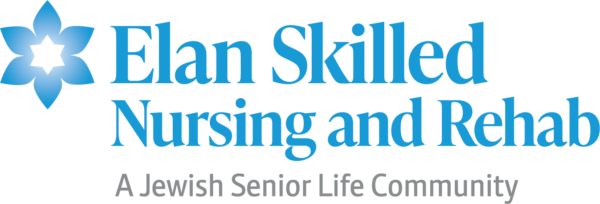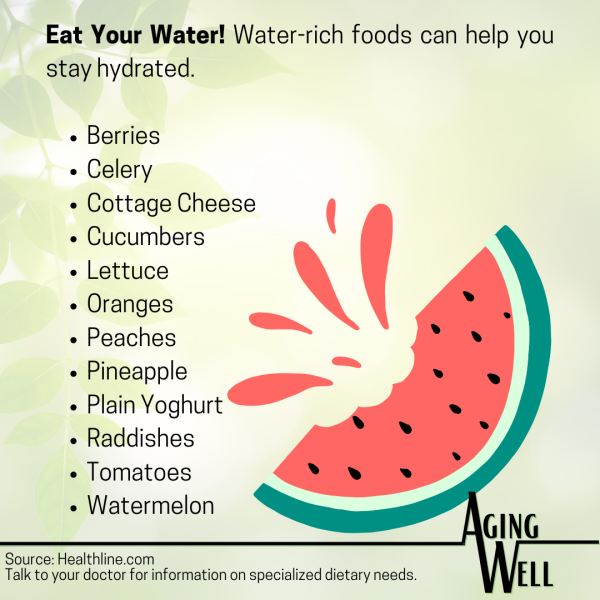
It’s no secret that nutritious foods are part of a healthy lifestyle. Throughout our lives, our dietary needs and preferences may change. Managing these shifting requirements can be a challenge, but with a little knowledge about aging bodies, you can make the best choices for your body to encourage longevity, strength, and overall wellness. Talk to your healthcare professionals for specialized dietary needs.
Changing Needs
There are many chronic conditions that can develop later in life and influence seniors’ dietary requirements. Diabetes, high blood pressure, and heart disease are common among older adults, and all come with different restrictions. Even without these conditions, however, limiting foods without added sugars, sodium, and saturated fats can help you live a healthier life.
Seniors tend to require fewer calories than when they were younger, which is why it is so crucial to focus on nutrient-rich foods. Certain vitamins, such as B12, are also more difficult for older adults to absorb. Eating a variety of fruits and vegetables, whole grains, and low-fait dairy products can help make every meal count.
Protein is especially important for seniors to help maintain muscle mass. In addition to meats, eggs, and poultry, try to incorporate items like seafood, peas, lentils, and legumes. These high protein options help maintain a varied diet while contributing other nutrients, such as calcium, vitamins, and fiber.
Food Safety
As we age, our immune system has a more difficult time protecting the body from foodborne illness. Conditions like diabetes and cancer can heighten these risks even further. Food also takes longer to pass through the digestive system, allowing bacteria to multiply while still in the body.
The CDC recommends washed fruits and vegetables, avoiding those that have been precut and packaged. They also recommend all fish, poultry, eggs, and meats be thoroughly cooked, and liquids should be pasteurized to limit the risk of illness.
Due to a decrease in muscle strength or dental issues, some seniors may find softer foods easier to chew and swallow. Foods that are sticky or excessively dry can be difficult to move from the mouth to the throat and could be a choking hazard. Cutting smaller bites, adding moisture (such as gravy to meats or yoghurt to fruits), and even pureeing foods all help to mitigate these difficulties.
Drink Up
Studies have shown that up to 40% of seniors may be chronically underhydrated due to a decreased sense of thirst. Dehydration can lead to a wide array of health concerns, such as UTIs, heat stroke, and kidney failure. Making a conscious decision to incorporate more liquids into your diet can help keep your body functioning well.
Adding water-rich foods into your diet, such as soups, melons, cucumbers, and tomatoes, can make a significant difference in your daily hydration levels. Limit diuretics like alcohol and caffeine, and be sure to include water or a healthy juice drink with every meal.
Drinking extra water can feel like a chore at first, so if you find yourself struggling to get in those extra sips, try setting reminders to have small amounts of water throughout the day. Building water into your routine is an important step in developing good drinking habits.
Aging Well is an ongoing series of blogs written by Audrey J. Ross, Director of Marketing and Admissions at Elan Gardens Senior Living.






